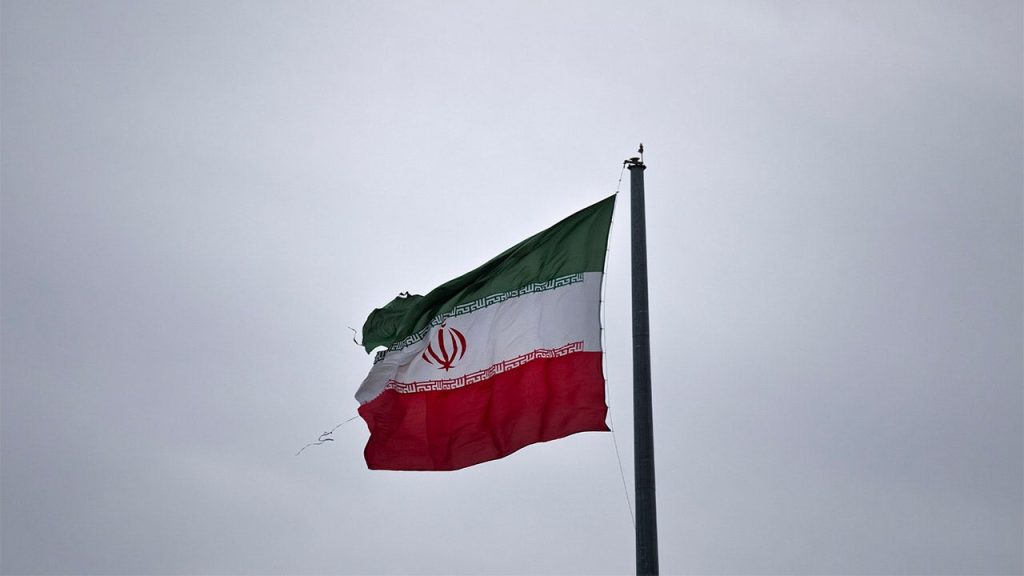The Iranian judiciary was rocked on Saturday by a deadly shooting incident that claimed the lives of two prominent judges and left a third wounded. The attack occurred outside the Supreme Court in Tehran, the nation’s capital, and sent shockwaves through the legal community and the broader Iranian society. According to Mizan, the judiciary’s official news website, the slain judges were identified as Ayatollahs Mohammad Moghiseh and Ali Razini, both high-ranking members of the Iranian legal system. A bodyguard assigned to one of the judges also sustained injuries in the attack, highlighting the chaotic and violent nature of the event. Following the shooting, the assailant, whose identity remains undisclosed, reportedly took his own life. The motive behind the brazen attack remains a subject of intense speculation and investigation.
The assassinations of Ayatollahs Moghiseh and Razini represent a significant blow to the Iranian judiciary, given their esteemed positions within the legal hierarchy. Their deaths not only create a void within the Supreme Court but also raise concerns about the security of high-profile officials within the country. The incident has inevitably sparked discussions about the potential implications for the stability of the Iranian government and the overall security landscape. The authorities are currently investigating the attack, attempting to ascertain the assailant’s motivation and determine if any broader conspiracy or network was involved. The incident has underscored the vulnerabilities within the Iranian security apparatus and prompted calls for increased vigilance and protective measures.
The lack of clarity regarding the assailant’s motives has fueled a flurry of speculation and theories. Opposition websites have previously linked Ayatollah Moghiseh to trials involving individuals they categorize as political prisoners, suggesting a possible motive for the attack. However, these claims remain unsubstantiated, and no group has claimed responsibility for the shootings. The ongoing investigation aims to uncover the truth behind the assassinations, examining potential connections to political dissent, personal grievances, or other factors that might have played a role. Understanding the motive is crucial not only for bringing the perpetrator to justice but also for addressing any underlying issues that may have contributed to the attack.
The assassination of prominent judges has raised serious concerns about the security of high-ranking officials in Iran. The incident has exposed vulnerabilities in the protective measures surrounding individuals in positions of power, prompting calls for a comprehensive review and enhancement of security protocols. The attack has also ignited broader discussions about the potential for further violence and the implications for the stability of the Iranian government. The judiciary, as a vital pillar of the state, is now facing increased scrutiny regarding its internal security procedures and its ability to protect its members from future attacks.
The incident has also drawn attention to the broader political climate in Iran and the ongoing tensions between the government and various opposition groups. While no direct link has been established between the assassinations and any specific political faction, the incident has inevitably fueled speculation about the role of dissent and opposition movements in potentially instigating violence. The Iranian authorities are likely to face increased pressure to address the underlying causes of such acts and to take decisive measures to prevent similar incidents from occurring in the future. The attack serves as a stark reminder of the challenges facing the Iranian government in maintaining stability and security in the face of internal and external pressures.
The aftermath of the assassination has witnessed a wave of condemnations from both within Iran and the international community. Government officials, legal experts, and human rights advocates have expressed their outrage at the violence and called for a thorough investigation to bring the perpetrators to justice. The incident has also sparked renewed debate about the state of the judiciary in Iran, its independence, and its adherence to due process. The international community will be closely monitoring the Iranian authorities’ response to the attack and their efforts to ensure the safety and security of its citizens, particularly those in positions of power. The incident underscores the need for continued vigilance and dialogue to address the underlying causes of violence and to promote a more secure and just society.

